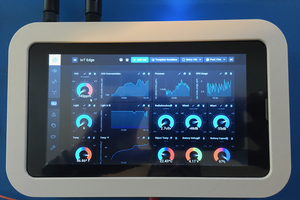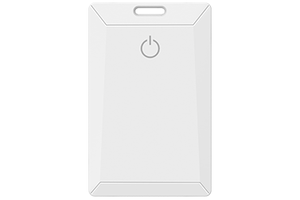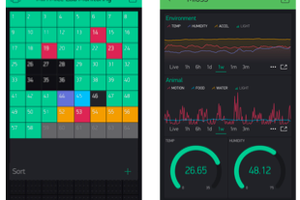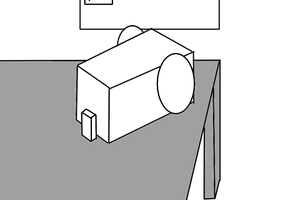Why?
People are often not good at knowing when they need medical care - either getting it for minor ailments or more detrimentally not getting it for serious conditions. Additionally, in the case of chronic disease having multiple health data points available is important to achieve the best level of care.
We believe if people had access to basic, effective and affordable screening kits at home and could connect this data to their health care provider then they would be able to be triaged more effectively at home and redirected to suitable care - whether that be seeing a nurse, doctor or going to the emergency department at their local hospital. This would firstly make the triaging more reliable and more efficient leading to a better balancing of needs in the health care system. Triaging however is not the only use case; better managing patients on chronic medication is very important. Often, patients will receive repeat scripts and only see the doctor if something "feels off", the doctor in these cases does not have much data to go on as the patient is typically seldom seen and the adverse effects or ineffective nature of the drug may or may not be present on the day the appointment which makes it very hard to quickly and correctly adust dosages or switch medications. Having a record of relevant health data points over days/weeks/months can be valuable in guiding the doctor's treatment.
How?
The IoT kit is built around the PSoC® 6 WiFi-BT Pioneer Kit (CY8CKIT-062-WIFI-BT) as the core device that handles:
- Patient interaction (entering account details, reading results, initiating screening tests, etc).
- Screening sensors:
- The prototype version will have a basic sensor array including: a thermometer, oximeter (measures pulse and oxygen saturation) and pressure sensor to measure basic lung function.
- Subsequent models will include: blood pressure monitors, blood glucose monitors, exhaled air chemical composition analysis with scope more sensors as it grows.
- Local storage and buffering to save data whilst it is being uploaded to the cloud service.
- On device encryption to securely encrypt use data before upload.
- An AWS based cloud service to receive uploaded data, store it securely and make it available for use by authorised personnel such as:
- The patient themselves (available in prototype).
- Healthcare providers (coming soon).
- Authorised 3rd parties, such as life and medical insurance companies, that the patient will have complete authority over when, what and for how long they have rights to view the data.
Background?
I have degrees in physics and engineering and currently work as a robotics software engineer. I have years experience in a range of fields from low-level embedded work to web development which have spanned multiple industries: edtech, defence and remote data collection in hazardous areas. I have worked desinging electronic circuits for embedded system and have worked specifically with AVR, STM32 and other microcontrollers as well as processors with embedded OSes such a the raspberry pi, up-squared board and omega onion.
I have taken introductory medical courses at university which gives me a foundation for understanding the medical concepts at work and my partner is a practicing medical doctor. My partner will be providing consultation services on what sensors are relevant to the project and the quality of data they would need to provide in order to allow other healthcare providers to use the data source fully.
[Project Photo credit: Patient Care Technician]

 David G. Simmons
David G. Simmons
 torr45838
torr45838
 Lex Kravitz
Lex Kravitz
 minifig404
minifig404